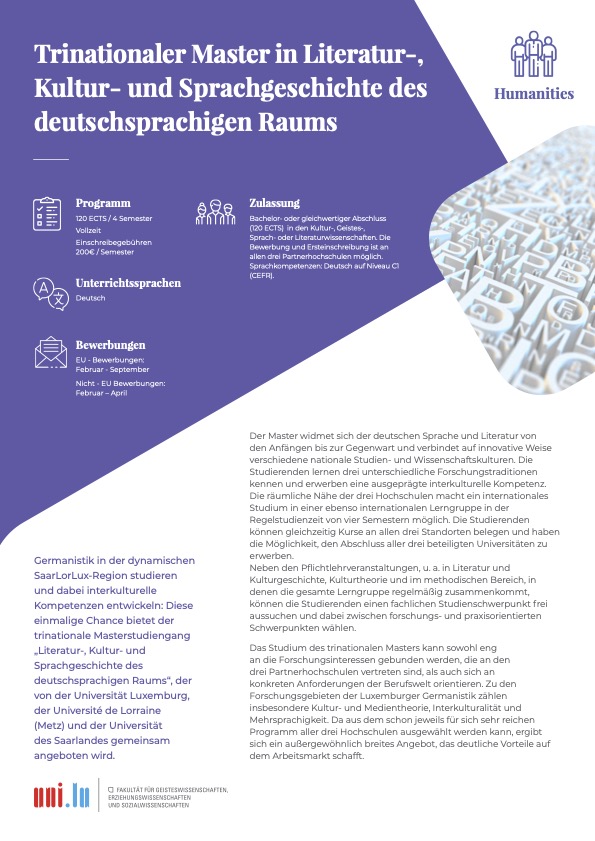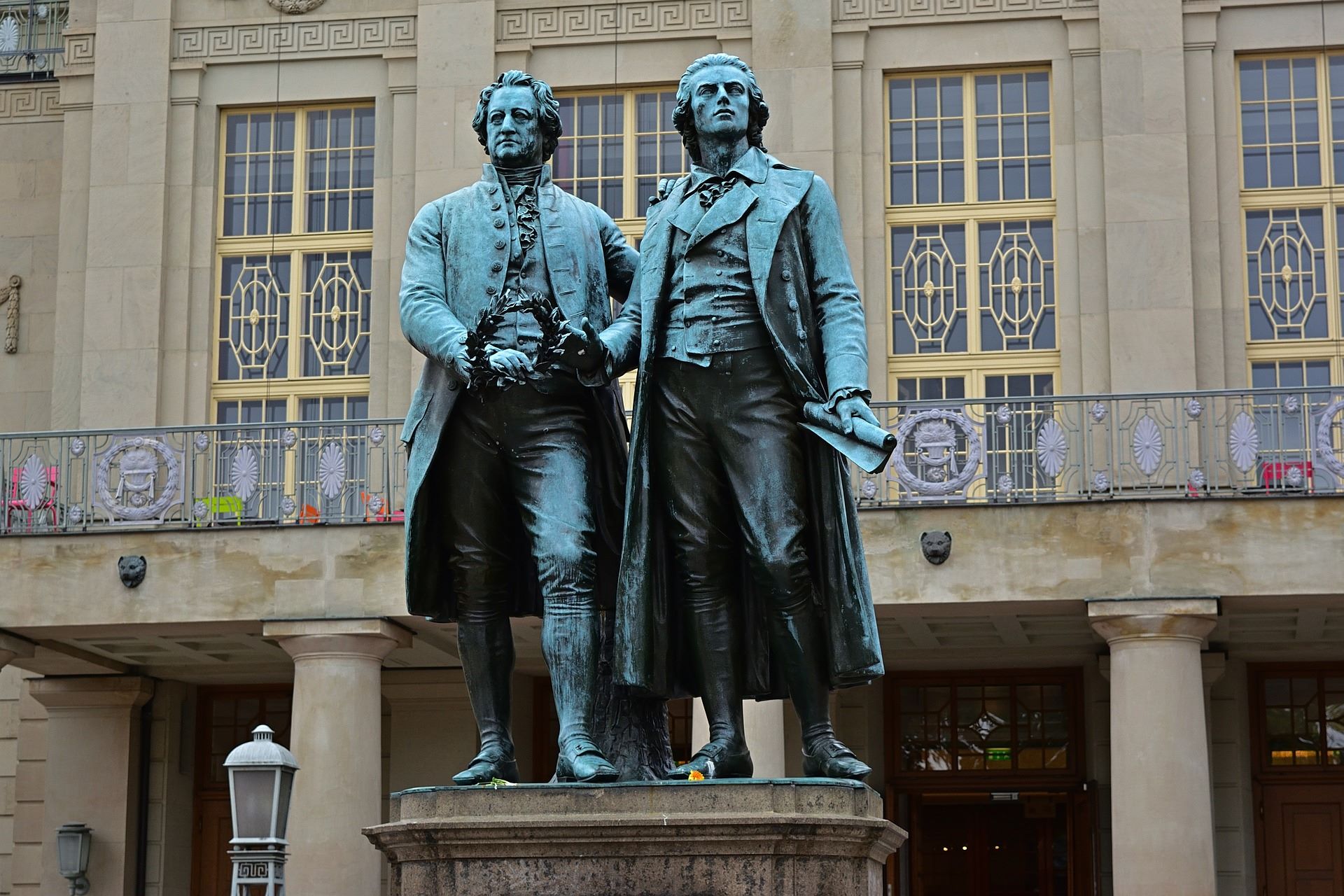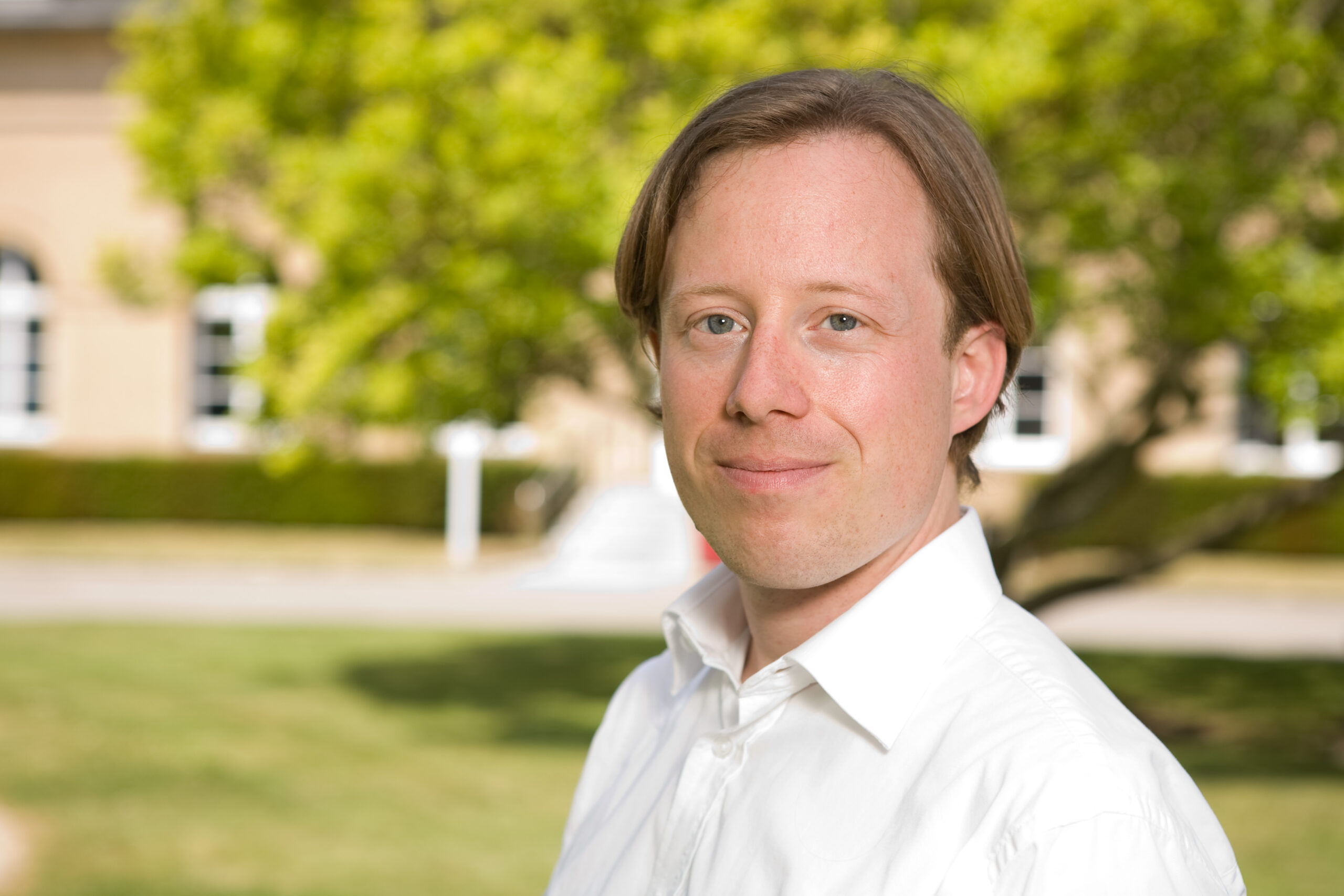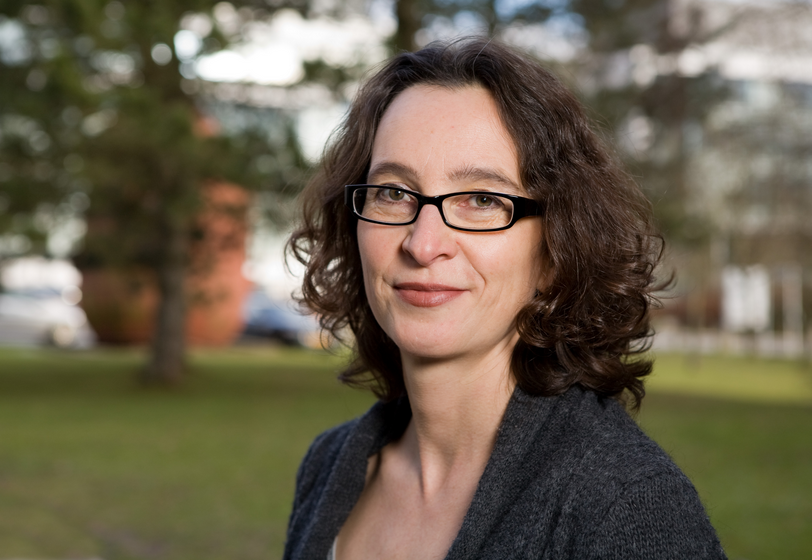The programme at a glance – 120 ECTS
-
Duration:2 years / 4 sem
-
Teaching languages:DE
-
Admissions:EU: 1 Feb 2024 – 28 Aug 2024
Non-EU: 1 Feb 2024 – 30 Apr 2024
-
Fees:200€/ sem. (semester 1,2)
-
Format:Full-time programme (Part-time student status allowed)
Why study with us?
The programme focuses on the German language and literature from their beginnings to the present day. Students choose from different courses offered by the three partner universities and immerse themselves into the different academic cultures of the three countries. They acquire intercultural skills, which are highly valued in today’s work environment.
More info
Download

Contact
For any questions regarding this programme, please send your request to:





